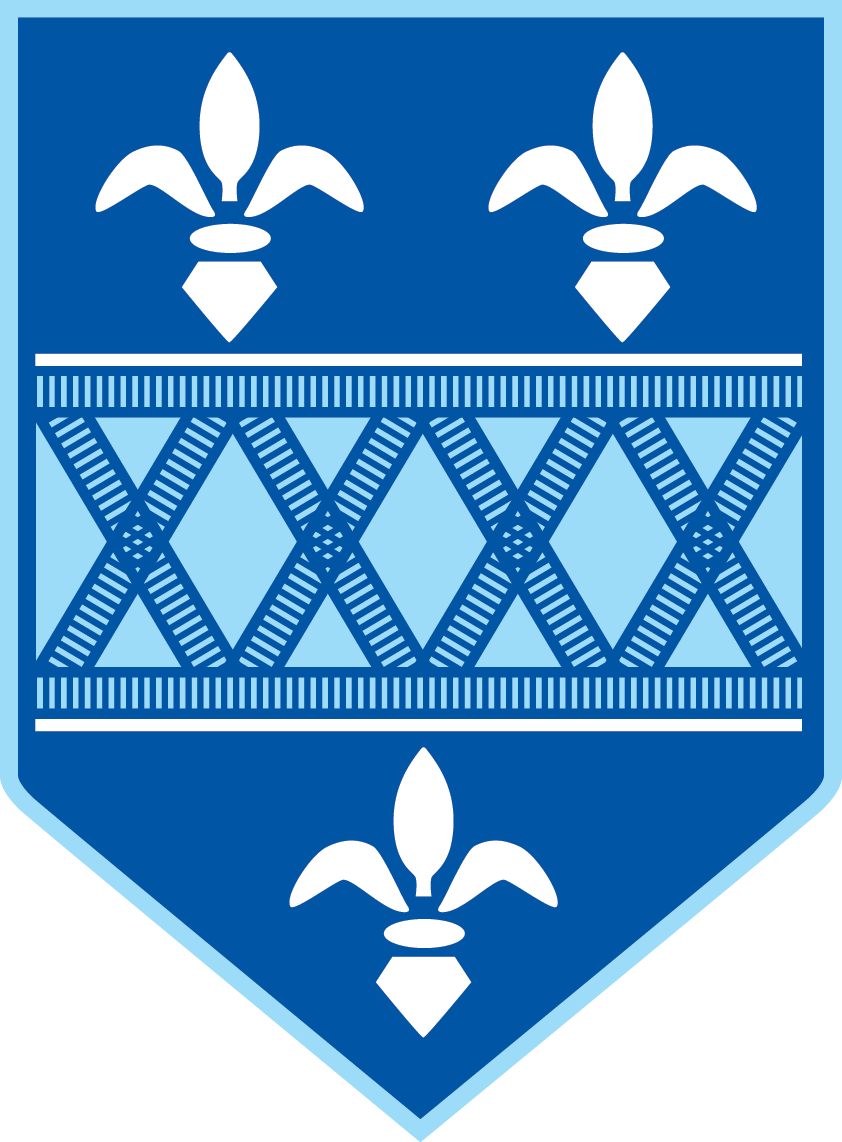History
Curriculum Vision
We believe that the evidence-based study of the past stimulates our natural curiosity. It also helps the development of the personality and the imagination. History helps us to resist the simplistic and the superficial, and so makes us more informed citizens, better able to shape our futures and to make sense of our world, whether from a personal, local, national or international perspective. Above all, History helps to makes us more articulate, more literate and more interesting.
Teaching and learning constitute a partnership, and we expect our students to be persistent in the face of challenge, to take a pride in their work and to accept advice and constructive criticism in the right spirit. Sometimes, patience is required and sometimes a willingness to think beyond the obvious. It is a fascinating subject.
The History Department at Langley Park School for Girls offers a wide range of historical topics an viewpoints. We believe in the importance for students to know not only their own history, but the history of the world around them. By having this knowledge we aim for students to be able to debate and argue their own viewpoints, whilst also challenging their own prejudices and understanding the complexity of issues and why people might disagree. We believe that the evidence-based study of the past stimulates our natural curiosity. We want students to have inquisitive minds, imagination and confidence. History helps us to resist the simplistic and the superficial, and so makes us more informed citizens, better able to shape our futures and to make sense of our world, whether from a personal, local, national or international perspective. Above all, History helps to makes us more articulate, more literate and more interesting!
In History our intent is to ensure that all historical narratives are included in our schemes of learning and lessons, including those of BAME and previously marginalised groups. We want step away from the white Eurocentric historical narrative, to a truly international one within our lessons in which all students can feel represented. The impact of studying History at LPGS will be that all students are made aware of a variety of different historical experiences and injustices and be equipped with the knowledge to challenge inequality when they see it in the world around them.
At LPGS we have curated our curriculum so that it is knowledge rich, diverse and broadly chronological. We start our study in Anglo-Saxon England, moving onto look at the medieval period in England and across the world. We then study the Tudors, Stuarts and industrial Britain. We also explore the British Empire and Empires across the world such as Benin. Next, we look at twentieth century Europe, covering both world wars and the rise of dictators. Finally, we study Britain post WW2, looking at migration and race relations.
A video introduction to our History course in LPGS6 (our co-educational Sixth Form)

